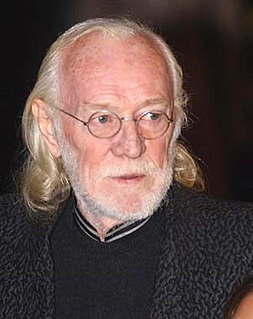A Quote by Peter Cundill
I think that intelligent forecasting (company revenues, earnings, etc.) should not seek to predict what will in fact happen in the future. Its purpose ought to be to illuminate the road, to point out obstacles and potential pitfalls and so assist management to tailor events and to bend them in a desired direction. Forecasting should be used as a device to put both problems and opportunities into perspective. It is a management tool, but it can never be a substitute for strategy, nor should it ever be used as the primary basis for portfolio investment decisions.
Quote Topics
Assist
Basis
Bend
Both
Company
Decisions
Desired
Device
Direction
Earnings
Etc
Events
Ever
Fact
Forecasting
Future
Happen
Illuminate
In Fact
Intelligent
Investment
Management
Never
Nor
Obstacles
Opportunities
Ought
Out
Perspective
Pitfalls
Point
Portfolio
Potential
Predict
Primary
Problems
Purpose
Put
Road
Seek
Should
Should I
Strategy
Substitute
Tailor
Them
Think
Tool
Used
Will
Related Quotes
Auto repair, piloting, skiing, perhaps even management: these are skills that yield to application, hard work, and native talent. But forecasting an uncertain future and deciding the best course of action in the face of that future are much less likely to do so. And much of what we've seen so far suggests that a large group of diverse individuals will come up with better and more robust forecasts and make more intelligent decisions than even the most skilled "decision maker."
Contemporary technology could be used to eliminate ownership and management of corporations. It could be used to provide - lets say Apple computers. In principle information technology could be used to provide direct information to the work force on the ground so that they could democratically decide what the company would do, eliminating the role of management. It could be used for that. People aren't developing technology for that purpose.
It's my guess that something like 5% of GDP goes to money management and itsattendant friction. I define it broadly - annuities, incentive pay, all trading, etc. Nobody else has used figures that high, but that's my guess. Worst of all, the people doing this are among the best and the brightest. Hundreds and thousands of engineers, etc. are going into hedge funds and investment banking. That is not an intelligent allocation of the brainpower of the civilization.
Make everything as simple as possible, but not simpler. A man should look for what is, and not for what he thinks should be. We cannot solve our problems with the same thinking we used when we created them. A question that sometimes drives me hazy: am I or are the others crazy? Any intelligent fool can make things bigger and more complex... It takes a touch of genius - and a lot of courage to move in the opposite direction. All religions, arts and sciences are branches of the same tree. It's not that I'm so smart, it's just that I stay with problems longer.
Warren Buffett likes to say that the first rule of investing is "Don't lose money," and the second rule is, "Never forget the first rule." I too believe that avoiding loss should be the primary goal of every investor. This does not mean that investors should never incur the risk of any loss at all. Rather "don't lose money" means that over several years an investment portfolio should not be exposed to appreciable loss of principal.

































